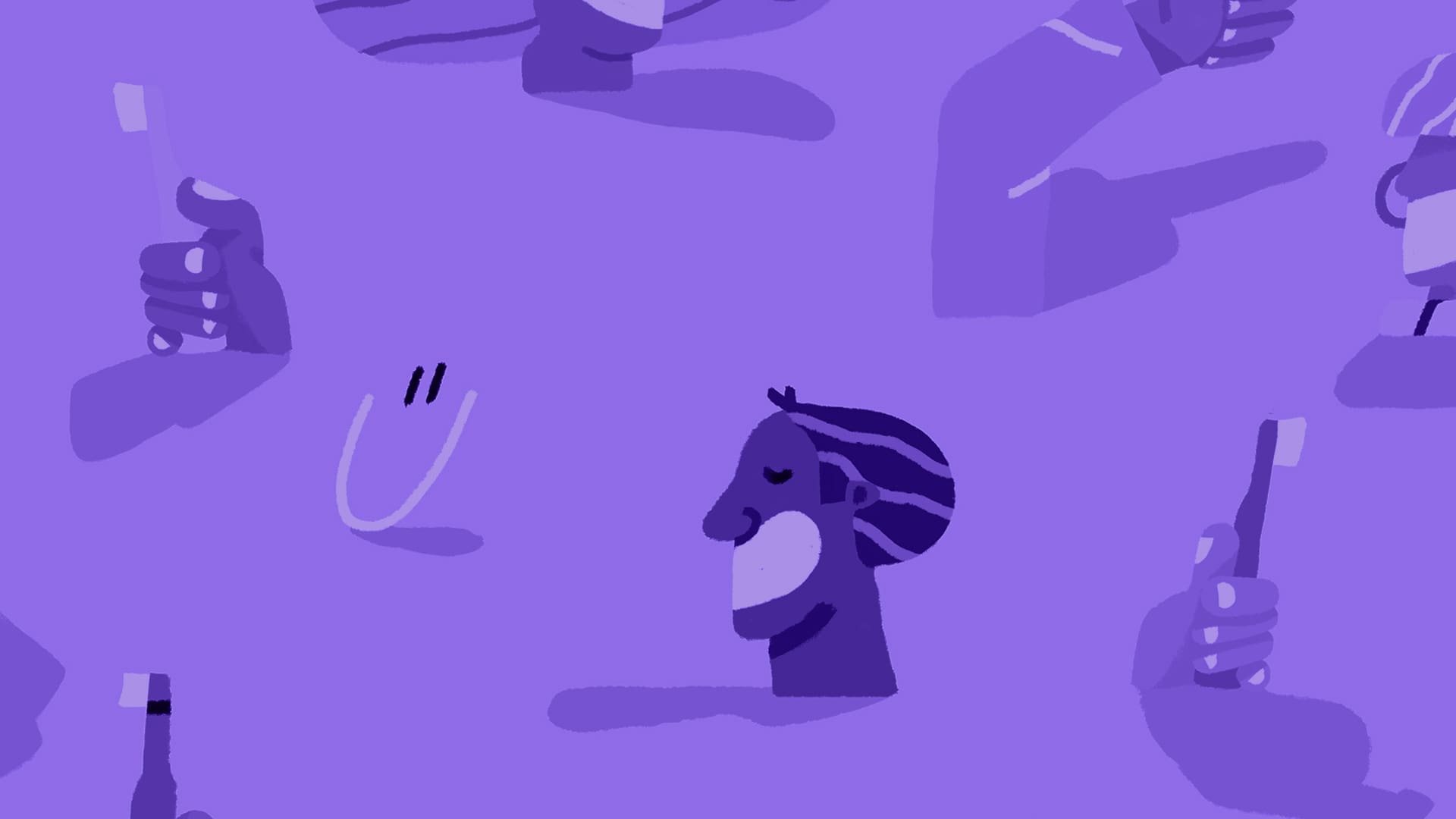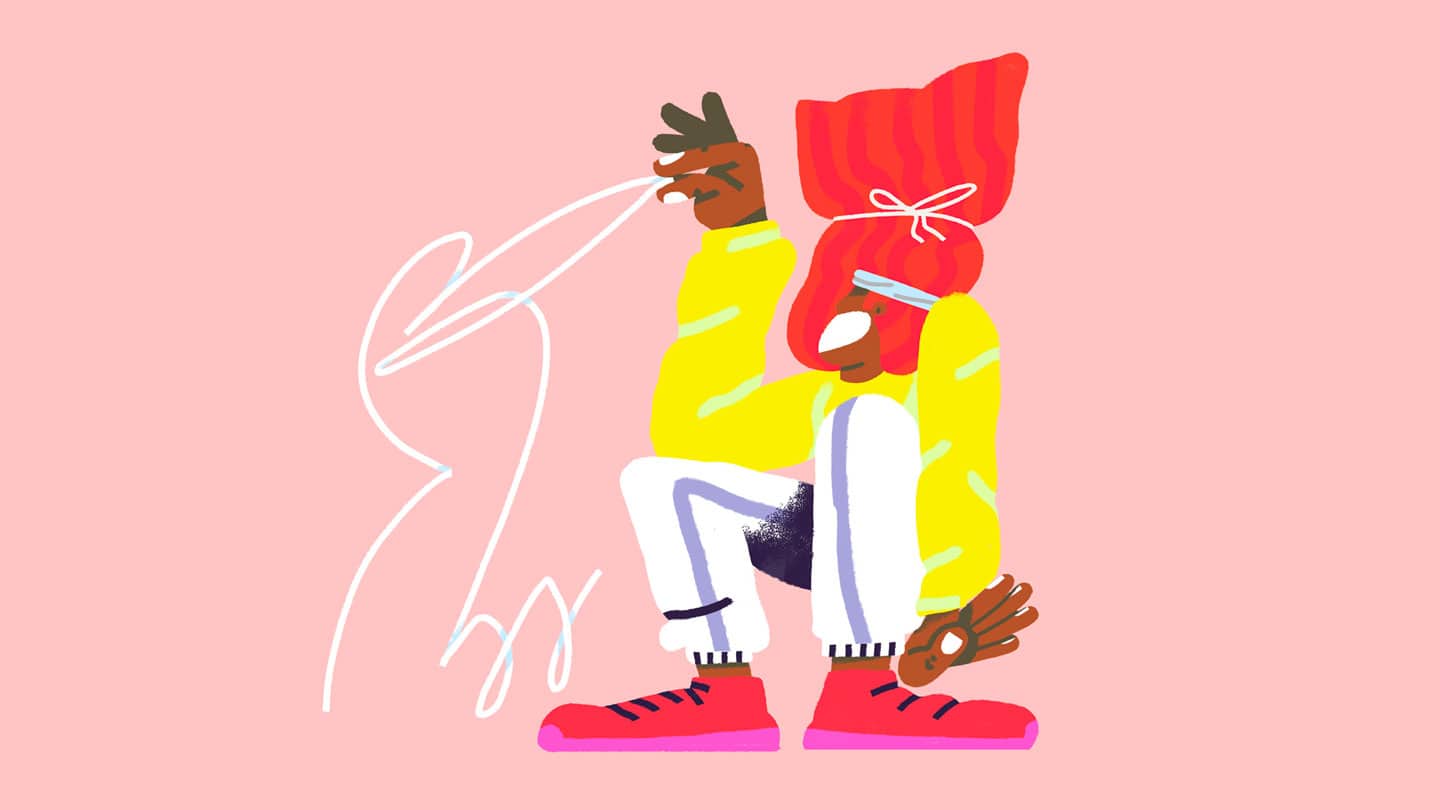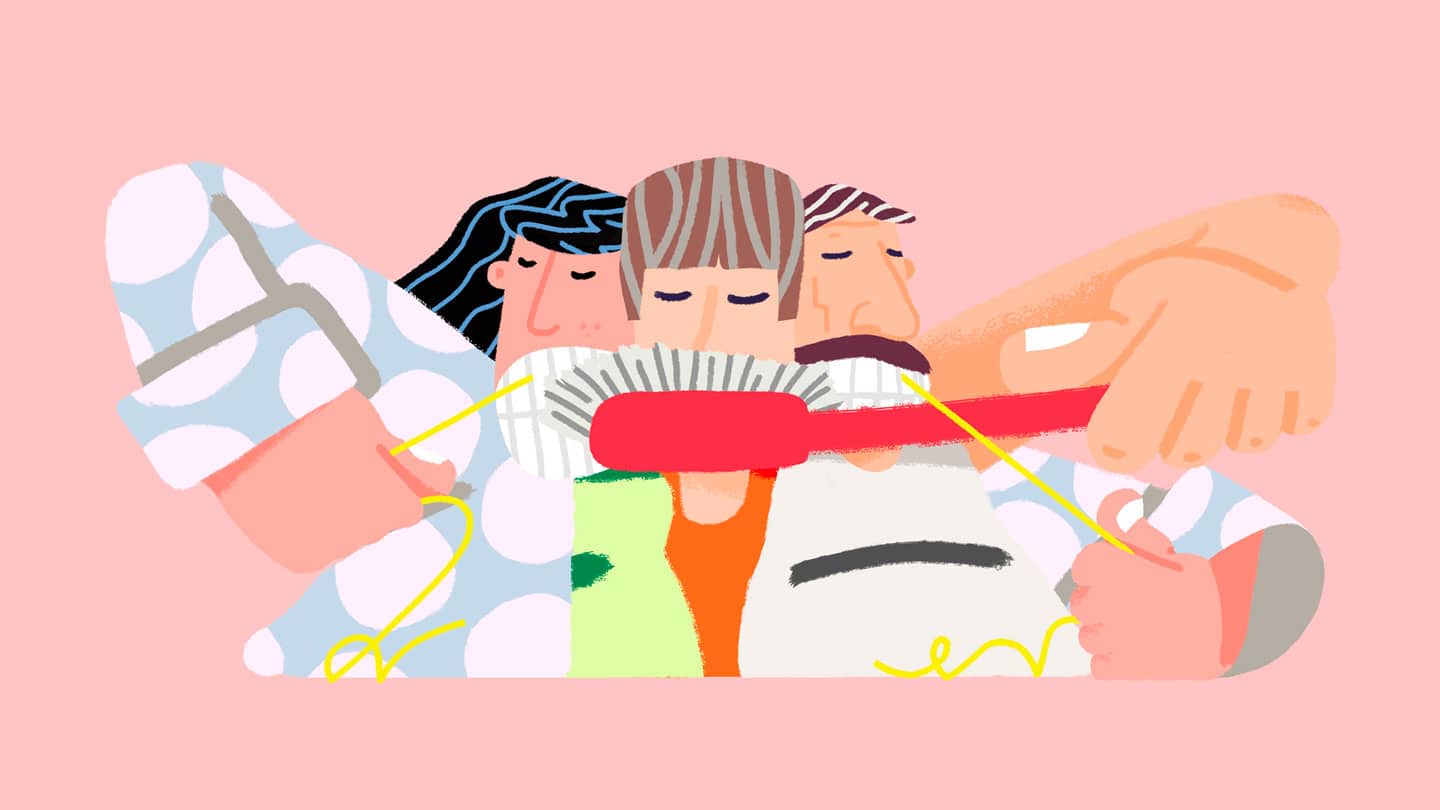Our patients often have questions about their baby teeth. What are baby teeth? When do you get your adult teeth? Why do some baby teeth not fall out? What should I do about it? At CHD, we developed this guide to help you understand your baby teeth and adult teeth.
The inside skinny on your baby teeth and adult teeth
- Babies get their first teeth when they are 6 months to 1 year old,
- Children lose their baby teeth when they are 6 to 12 years old,
- They get their adult teeth when they are 6 to 13 years old,
- Wisdom teeth – if you have them – come in between the ages of 17 and 21, and sometimes as late as 25,
- Sometimes baby teeth don’t fall out on their own. If that happens to you, either your adult tooth is “late” or it just doesn’t exist! Your dentist will need to take x-rays to figure out what’s going on.
Baby teeth: getting them, losing them, and tips for relieving teething pain
What is a baby tooth?
Baby teeth are the first of the two sets of teeth that humans have in their lifetime. They are also known as milk teeth, temporary teeth, decidual teeth, or primary teeth.
Most children get their first baby teeth when they are 6 months to a year old and lose them when they are 6 to 12 years old, when they are replaced by adult or permanent teeth. Wisdom teeth come in between the ages of 18 and 21, or sometimes as late as 25 – and some people never get them.
Teething and losing your baby teeth
When do children get and then lose their baby teeth?
Most babies get their first teeth when they are 6 months to a year old, usually in a specific order. This table shows the order in which most children’s baby teeth come in, and later fall out.
| Position in mouth | Tooth name | Eruption (age in months) | Loss (age in years) |
| Upper jaw | Central incisors | between 7 and 12 months | between 6 and 8 years |
| Lateral incisors | between 9 and 13 months | between 7 and 8 years | |
| Canines | between 16 and 22 months | between 10 and 12 years | |
| First molars | between 13 and 19 months | between 9 and 11 years | |
| Second molars | between 25 and 33 months | between 10 and 12 years | |
| Lower jaw | Second molars | between 20 and 31 months | between 10 and 12 years |
| First molars | between 12 and 18 months | between 9 and 11 years | |
| Canines | between 16 and 23 months | between 9 and 12 years | |
| Lateral incisors | between 7 and 16 months | between 7 and 8 years | |
| Central incisors | between 6 and 10 months | between 6 and 8 years |
Why aren’t my child’s baby teeth falling out?
Some children don’t lose one or more of their baby teeth. In fact, that’s pretty common. There can be a few different reasons:
- your child might not have an adult tooth to replace it. The absence of certain teeth, usually the lower premolars and upper lateral incisors, can be genetic. This condition is known as hypodontia.
- their adult tooth might be late. Your child’s dentist or orthodontist may recommend removing the baby tooth to encourage their adult tooth to come in.
If your child is late to lose their baby teeth, it’s important to schedule an appointment with a dental care professional for a check-up and x-rays.
Why are my child’s baby teeth falling out so early?
Your child’s baby teeth are falling out because they are being pushed by their adult teeth. Some children just get their adult teeth earlier than average.
Children who got their first tooth around 6 months often start losing their baby teeth at age 5, while those who got their first tooth closer to their first birthday often don’t start losing teeth until age 7 or 8.
If you think something is really wrong, immediately schedule an appointment with a dental hygienist. They will be able to determine if your child is just ahead of the curve or if they are losing their baby teeth too soon due to problems like inadequate tooth care or cavities.
What are the symptoms of teething and what relief can you offer?
Babies start teething – in other words, their baby teeth start growing up through their gums – between 6 months and 1 year. Symptoms vary widely and can be more or less intense and painful. The most common symptoms are:
- lots of drooling,
- redness around their mouth and on their chin caused by excess drool,
- coughing caused by excess drool,
- extremely sensitive gums, which can make them cry,
- irritability,
- loss of appetite.
If your baby develops a fever or other symptoms, call your pediatrician immediately.
You can use a teething ring or a cool, wet towel to relieve your baby’s gums.
Taking good care of baby teeth is key
Tooth care for babies
Before your baby’s teeth start coming in, we recommend cleaning and gently massaging their gums with a moist washcloth to remove bacteria.
Tooth care for toddlers and preschoolers
Once your baby’s first teeth start coming in, you will need to brush them with a manual soft-bristled baby toothbrush using a dab of toothpaste the size of a grain of rice.
Remember to replace the toothbrush as soon as its bristles are bent. It’s also important to replace it if your child has been sick or had a high fever, since bacteria can be trapped between the bristles and on the base of the brush.
Permanent or adult teeth: when and why we get them and how to care for them
What is an adult tooth?
Adult, or permanent, teeth, are the second set of teeth. They replace your baby teeth. They are called “permanent” because once they come in, you keep them for the rest of your life.
When do you get your adult teeth?
Most people get their adult teeth when they are 6 to 12 years old. Wisdom teeth come in later, usually between ages 18 and 21. This table shows the order in which most people get their adult teeth:
| Position in mouth | Tooth name | Eruption (age in years) |
| Upper jaw | Central incisors | between 7 and 12 years |
| Lateral incisors | between 8 and 9 years | |
| Canines | between 11 and 12 years | |
| First premolars | between 10 and 11 years | |
| Second premolars | between 10 and 12 years | |
| First molars | between 6 and 7 years | |
| Second molars | between 12 and 13 years | |
| Third molars | between 17 and 21 years | |
| Lower jaw | Third molars | between 17 and 21 years |
| Second molars | between 11 and 13 years | |
| First molars | between 6 and 7 years | |
| Second premolars | between 11 and 12 years | |
| First premolars | between 10 and 12 years | |
| Canines | between 9 and 10 years | |
| Lateral incisors | between 7 and 8 years | |
| Central incisors | between 6 and 7 years |
How can you keep your adult teeth healthy?
Unlike sharks, people can’t grow replacements for their adult teeth. So it’s important to take care of them to keep them in good shape for your whole life! Keeping your teeth healthy requires:
- good tooth care habits,
- brushing 3 times a day for 3 minutes each time using a soft-bristled toothbrush,
- flossing daily,
- eating a balanced diet,
- limiting your refined sugar, soda, and candy intake,
- keeping an eye on your gums (color, bleeding, etc.),
- seeing your dental hygienist for a checkup one to two times per year,
- getting your teeth cleaned every 9-12 months.
What are wisdom teeth?
Your “wisdom teeth” are actually your third molars. Most people get them between ages 17 and 21, but they can come in as late as age 25.
When we talk about wisdom teeth, it’s often because they need to be removed. Over millions of years, evolution has shrunk our lower jaw, leaving less and less room for wisdom teeth. So when they come in, they can displace all your other teeth, causing pain and occlusion.
Not everyone has 4 wisdom teeth. Some people have 1, 2, or 3 and a few even have more than 4. We recommend having dental x-rays done around age 16 or 17 to determine whether you will need to have your wisdom teeth extracted.
With modern anesthesia, there’s no need for wisdom teeth removal to be a painful experience. However, you may experience discomfort for about 48 hours. Regular pain relievers should get rid of the discomfort.
It’s important to talk to your dentist and dental hygienist in your late teen years to prevent wisdom teeth related issues.



